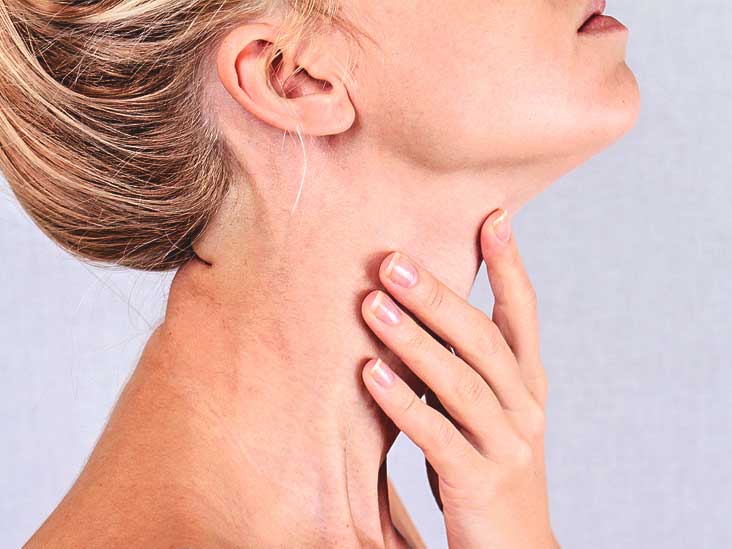What you need to know about Esophageal Diverticula Surgery
Contents
- 1 What you need to know about Esophageal Diverticula Surgery
- 2 What Does the Procedure Involve?
- 3 How Long Should You Stay in the Area?
- 4 How Long is the Recovery Time?
- 5 What Aftercare Should You Consider?
- 6 What is the Success Rate for Esophageal Diverticula Surgery?
- 7 Are there Alternatives to Esophageal Diverticula Surgery?
- 8 What Should You Expect Before and After the Procedure?
An Esophageal diverticulum is a pouch that protrudes in the lining of the esophagus and forms in a weak area of the esophagus. Surgery is usually performed in severe cases to remove the pouch and repair weakened tissue. There are four types of surgery to treat esophageal diverticulum, including cricopharyngeal myotomy, diverticulopexy with cricopharyngeal myotomy, diverticulectomy, and cricopharyngeal myotomy, and endoscopic diverticulectomy. The type of surgery recommended depends on the size and location of diverticula.
What Does the Procedure Involve?
All types of surgical procedures for esophageal diverticulum are performed under general anesthetic. In general, all of the surgical procedures are performed to remove the diverticulum, so food can pass more easily through your esophagus. A small diverticulum is treated with cricopharyngeal myotomy, while larger diverticulum is treated with diverticulopexy with cricopharyngeal myotomy or diverticulectomy and cricopharyngeal myotomy. Endoscopic diverticulectomy is a new minimally invasive technique to remove diverticulum.
How Long Should You Stay in the Area?
You may be required to stay in the hospital for 4 to 7 days following the surgery. After you are discharged from the hospital, plan to stay an additional 14 days in the area since you need to attend follow-up checkups where your doctor removes your stitches and monitor your overall health.
How Long is the Recovery Time?
The recovery period can vary depending on your general health before surgery and the type of esophageal diverticulum you have. You generally should not do any vigorous activities (such as strenuous exercise) for about 6 to 8 weeks, and you may need tube feeding for a couple of weeks to make sure you receive adequate nutrition. It is important to talk to your doctor about your recovery timeline, such as the exact time you can return to work, to avoid any complications.
What Aftercare Should You Consider?
Your surgeon will give you post-operative instructions, which may include a healthy, balanced diet, regular exercise, wound care, and restrictions. You may need to adjust your lifestyle, such as thoroughly chewing your food and drinking lots of water, after you are fully recovered to prevent further complications. Regular follow-up checkups may be scheduled, but you usually can do it with your local doctor at home.
What is the Success Rate for Esophageal Diverticula Surgery?
Surgery for esophageal diverticulum is considered safe and effective. However, although serious complication is rare, there are some side effects and risks that you need to be aware of before you decide to undergo surgery. These include infection, bleeding, blood clots, pneumonia, voice changes, leakage, damage to nearby organs and/or nerves, and allergic reaction to the anesthetic.
Are there Alternatives to Esophageal Diverticula Surgery?
In cases where your esophageal diverticulum is mild, your doctor may recommend lifestyle changes to manage the disease, which may include eating a bland diet, thoroughly chewing your food, and drinking lots of water to help with digestion. Your doctor may also recommend over-the-counter antacids to help relieve the symptoms. If your case is severe, consult with your doctor about the best alternative.
What Should You Expect Before and After the Procedure?
An esophageal diverticulum can cause symptoms such as difficulty swallowing, pulmonary aspiration, pain when swallowing, chronic cough, vocal changes, weight loss, neck pain, and bad breath. After esophageal diverticulum surgery, all of these symptoms should be gone and you can enjoy life like you used to.
For an in-depth analysis of Laparoscopic resection of the large esophageal diverticulum with PEHR & Heller myotomy, watch this short video.
To check prices or to book an Esophageal Diverticula Surgery Procedure in Thailand or anywhere else in the world, head on over to MyMediTravel now!

